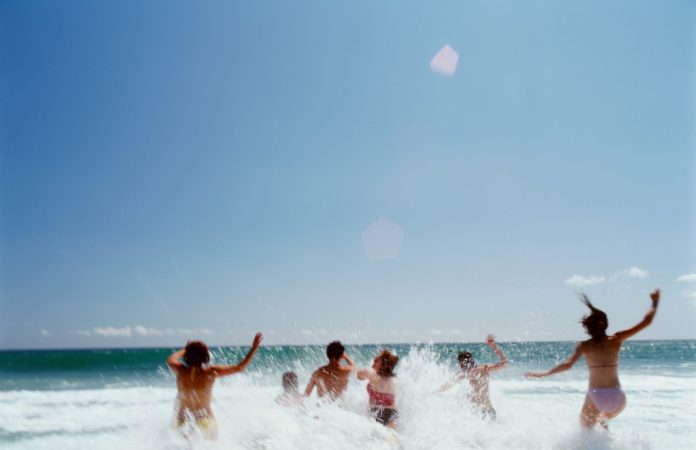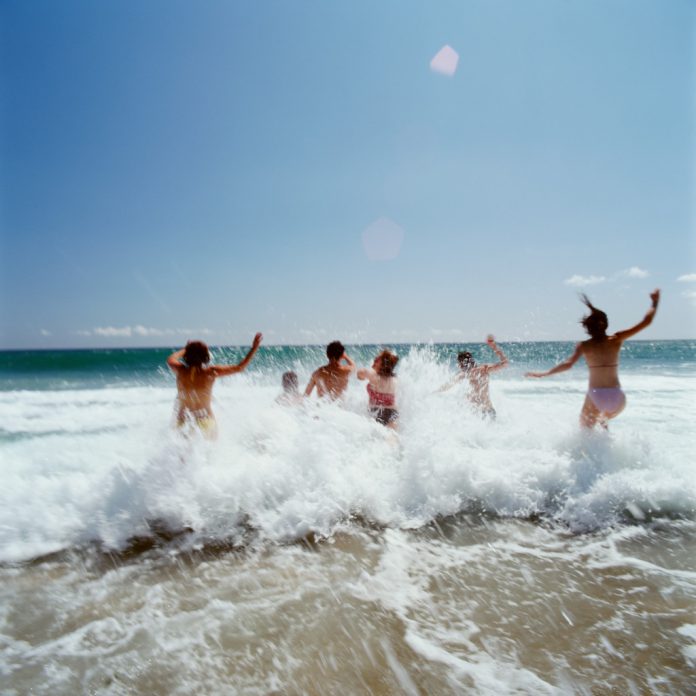

Summer is in full swing, which mandates a trip to the beach. With the most beautiful beaches in our backyard, it's a shame not to take full advantage.
“Open water swimming at the beach is adventurous and may provide a challenging workout,” says Ellsworth Buck, Vice President of Insurance, Florida's largest independent marine insurance agency.
While swimming in the ocean is fun, changes in water depth and hidden currents also make it unpredictable. Here are several ideas to keep your beach trip enjoyable and safe.
Swimming at the Beach
The American Red Cross recommends to always stay within your fitness and swimming capabilities.
Swim inside a supervised, marked area having a lifeguard present, and swim with other people. Never swim alone.
“Continually supervise children around water and never leave young children unattended around water, says Ellsworth Buck, Vice President of Insurance, Florida's top independent boat insurance agency.
Stingray season is from April – October, when entering the water look around the edge, where they often hang out. A purple flag at city beaches will provide a warning.
Rip currents and undertow currents would be the biggest dangers to swimmers at the beach. Swim in an area high is really a lifeguard working or ask other swimmers concerning the conditions within the water. If you're caught in a rip current, swim parallel towards the shore until you are from the current. When you are free, turn and swim toward shore. If you can’t swim towards the shore, float or tread water before you have the freedom of the rip current and then head toward shore.
If you are brought out to sea with a current, don't panic. Try to keep calm to conserve energy. Relaxing is also the easiest method to stay afloat. Breathing deeply draws more oxygen into your body, lowering your overall density and thereby buoying you in water. Laying back likewise helps you float, since it causes it to be more difficult for water to flow around your outstretched body and force it downward when compared with when you are upright. If necessary, kick your legs and wave your arms very gently, cupping both hands to push water downward and turning them on edge to slip them upward.
Do not swim at any beach immediately after huge rain. Runoff carrying out a heavy rain may result in a higher bacteria level.
The Florida Department of Environmental Protection includes a beach flag program to alert beach goers of surf conditions. Also, to check on conditions before you head out, visit visitbeaches.org/ for updated info on specific beaches.






